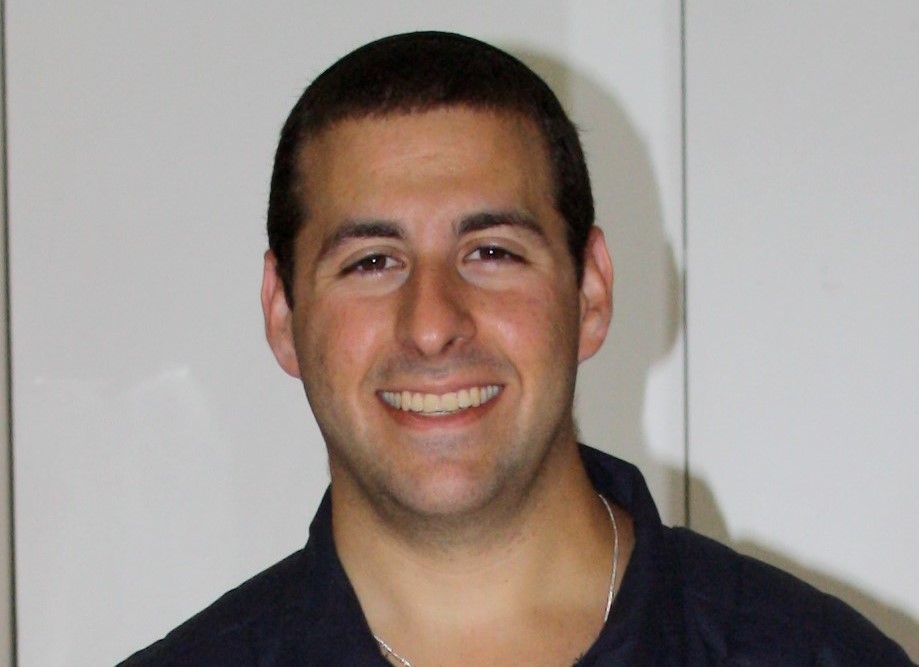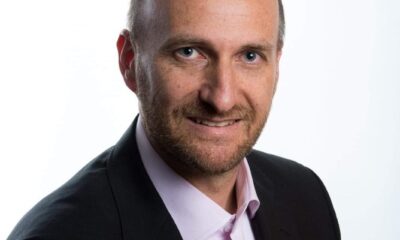
Community

A day in the night of a Hatzolah volunteer
It’s 17:20 on Tuesday, and I have just finished a full day’s work as an attorney. My volunteer Hatzolah shift starts at 18:00. In spite of wanting to rush home and catch an early dinner with my family, a luxury I haven’t afforded myself over the past few busy weeks, I decide to fetch an ambulance early before my shift starts.
While running through my pre-shift checks, a call comes through on the radio, someone is suffering from chest pain. Although I’m not yet on shift, the full-time teams are caught up with other emergency calls (after fielding back-to-back calls throughout the day), and I immediately respond to the call.
The patient is having a heart attack and urgently needs to go to hospital. After the call, I manage to get home just in time to put my kids to bed and get something to eat. I pray for a quiet night. Unfortunately, my prayers go unanswered.
The next call comes in. There is a COVID-19-positive patient who needs to go to hospital. My partner and I meet up and don full PPE (Personal Protective Equipment) – a protective suit, N95 mask, face shield, and a double pair of gloves. We assess the patient although it is exceptionally difficult with all our gear. My glasses/face shield mist up, the hood of the protective suit makes it difficult to hear the patient talking behind her mask, while the patient struggles to hear me through my mask. We take the patient to the hospital, alone, as the rest of the patient’s family are isolating.
From the outside, the hospital is deceptively quiet. We unload our patient, and walk into the emergency room, only to be stopped abruptly in our tracks. The casualty is complete chaos. The nurse demands: “Why are you here? What’s wrong with your patient?” We tell her that we have a COVID-19-positive patient. “Go wait in your ambulance. We have no beds, and there are other patients waiting outside for a bed.”
I ask the nurse, who appears totally exhausted, how long she believes the wait will be. She says we can expect about an hour’s wait, and then adds that she would like a short break at some point to grab something to eat (it’s almost 23:00). Out of her pocket, she pulls a piece of paper with handwritten notes showing how many beds are available in the entire hospital.
She crosses some numbers off and says, “There are only two beds left.” I glance over at the rescue room. There are four patients lying in beds hooked up to oxygen tanks, desperately waiting to be admitted.
I head back outside to the ambulance where my partner is monitoring our patient. She, too, is breathing through an oxygen apparatus in our ambulance. We are still kitted out in full PPE, and the discomfort of the mask cutting into the bridge of my nose only worsens, but we cannot risk getting exposed and exposing our families.
The hour mark passes slowly, yet there are still no beds. Waiting outside, I chat with a medic from another ambulance service in the same predicament. He tells me that he’s tired. He has brought his patient from Soweto, as there were no available beds at any of the other hospitals. “I’m starting to think that this job isn’t worth the money,” he shares with me.
Another hour drags by. A sobbing woman exits the hospital. Clearly, she has lost a loved one but cannot be with the deceased or her family.
A doctor walks out of the Emergency Room. He hardly has time for a quick smoke. We speak briefly, and he explains how much worse this wave has been compared to the last two. “Young and old are dying, and we still don’t know enough about the virus,” he points out.
Finally, two and half hours later, we are called in and told that they can accept our patient. We complete the handover and wish our patient well. However, we aren’t done yet. We head back to base to properly remove our PPE and decontaminate the ambulance. It’s a huge relief to remove the protective equipment as I can once again hear and see properly, notwithstanding the marks that remain on my face.
Eventually, we head home to try and get some sleep, although it’s never easy falling asleep after servicing a call. Slowly my eyes close, only to be disturbed by yet another “high-risk call” shortly thereafter. And so it goes, the cycle restarts as I start to don my PPE gear once again.
It’s already 07:00 by the time we get back to base after the call. The sun is out, and we still haven’t had a chance to sleep. We finish off our paperwork, and head home, physically and emotionally drained. The full-time team takes over for the day, facing the same fate almost every single day. I have to return to my regular job, give my clients the best possible service, and be the best father to my kids and the best husband to my wife, all while shutting out the horrors I was exposed to over the past 12 hours.
These are difficult times and they carry a heavy weight, but it’s imperative that I don’t allow it to have a negative impact on my life. At the end of the day, life goes on, but not for everyone.
Take your safety into your own hands. Stay home! Put off your social arrangements for the next few weeks. Believe it or not, one can get COVID-19 from extended family members and close friends (and it’s happening at an alarming rate). Wear a mask, keep a social distance, sanitise/wash your hands, and avoid going out unnecessarily.
- Yosef Shishler is an attorney who specialises in family law. He is a police reservist, who also volunteers as a medic for Hatzolah.











Tanya Silverman
July 1, 2021 at 12:17 pm
The doctor went outside for a quick smoke break? Talk about cognitive dissonance!
Batya Glezer
July 1, 2021 at 12:37 pm
Thanks for this article. I hope this gets the message across to take the situation very seriously.
Hilton Loewenstein
July 1, 2021 at 12:58 pm
A huge Yasher Koach to Yosef and everyone at Hatzolah! We are indebted to you all forever.
Dianne Michel
July 1, 2021 at 5:56 pm
Thanks to all the Hatzolah Doctors and volunteers. There are not enough words. We are a truly blessed community to have you angels. Dianne Michel
Pam
July 4, 2021 at 9:06 am
G-d bless and stay safe. One day this horror story will be over, the sun will come out, we will be able to walk around without masks and uncertainty and fear will be something of the past. Thank you for your selfless deeds.
Michael Martin Furman
July 5, 2021 at 11:26 am
Kol Hakavod,Yoseph or may I call you Tzaddik as in my eyes you are one reading your article makes one realize what true volunteering is all about. May Hashem bless you and all yours.
I am 75 and have volunteered all my in Israeli Border police and also the Traffic Police and know how getting home, showering having a sandwich no sleep but off to work.
Chaim
July 6, 2021 at 9:34 am
what is the point of having a comments section if you never publish any of the comments I send?